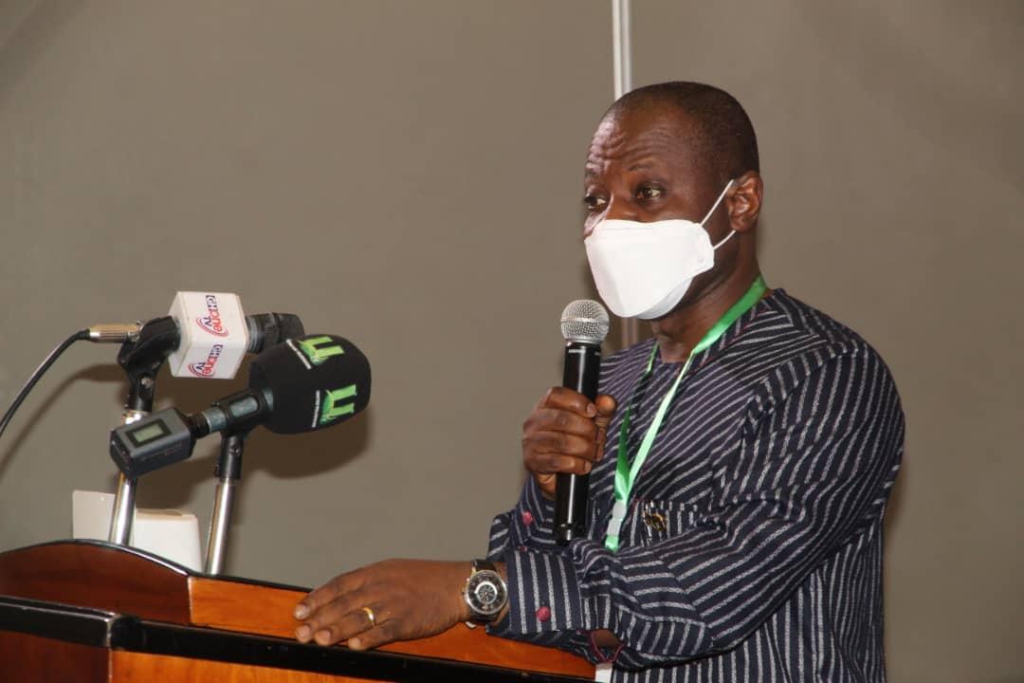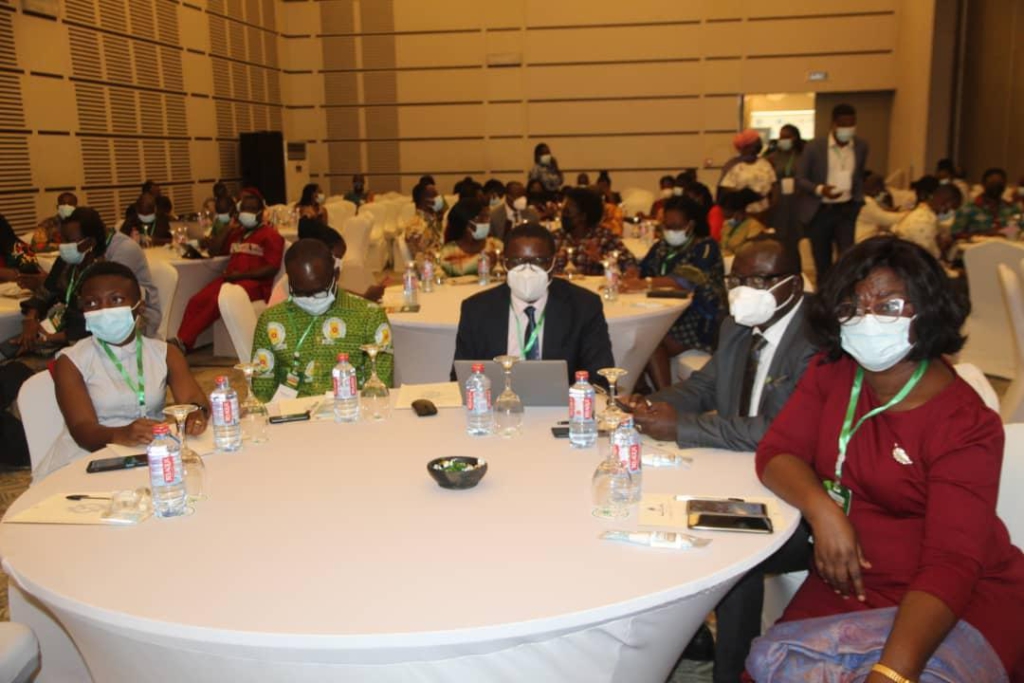
[ad_1]
The Minister of Health, Mr. Kwaku Agyeman-Manu, urged all health sector agencies to align their policies and programs with the national health policy.
He said this would ensure the sustainable achievement of the goals set by the national policy, which includes universal health coverage (UHC) and the delivery of high quality health care and possibly the Sustainable Development Goals.
The Minister of Health made the appeal in a speech read on his behalf at the Third National Conference on Patient Safety and Healthcare 2021, held in Accra on the theme: “No quality, no cover. Safe Maternal and Newborn Care Now ”.
The occasion also celebrated “Patient Safety Day,” which takes place on September 17 each year, as a special day to raise awareness about patient safety.
Mr Agyeman-Manu pointed out that the Covid-19 pandemic has exposed some of the areas of the healthcare system that have weaknesses, but luckily many of these issues have been articulated in national health policy.
He said the ministry is committed to high standards of patient safety as a component of quality, and said, as the government has indicated in its Agenda 111, that it will not only focus on the cover, but also on the quality.
He hinted, however, that in recent years the number of medical negligence cases has increased, not because some patients and families are becoming too aware of their rights, but also because little attention has been paid to these areas.
He called for media support to educate the public on patient safety and advocate for high standards of care in the country’s healthcare delivery system, especially for vulnerable groups such as pregnant women and children. .
The minister also reminded the public that the Covid-19 was still there, hence the need for everyone to continue to adhere to all safety and health protocols to help win the fight.

Ghana Health Service (GHS) Director General Dr Patrick Kuma-Aboagye said it was gratifying that this year’s celebration shed light on maternal and newborn safety, and recalled the many efforts made by the GHS in terms of guidelines, Code of Conduct and patient safety, but stressed that the problem is how to ensure implementation.
He explained to the participants the importance of the network of practices as a means of achieving UHC and the synergy between institutional care and family health.
The Queen Mother of Bekwai and President of the Queen Mothers Foundation, Nana Ama Serwaa Bonsu, also stressed the need for compassion or professionalism, saying that common causes of medical error are poor communication and stressed the need for ‘to improve.
She said that most patients often mix orthodox medicines with herbal preparations, so it was necessary to ensure that communication is clear in terms of what to do to prevent health complications.
She further urged healthcare professionals to learn not to condemn and to recognize the importance of patient confidentiality and privacy.
WHO Country Representative Dr Francis Kasolo said around the world 2.6 million people die each year from medical errors, and that many of these errors are preventable, especially if best practices are extended to the point of use, and expressed WHO’s commitment to support GH in its efforts.
USAID recalled Ghana’s progress, but said more needs to be done, noting that although the country has improved its coverage, it has not improved in quality, and highlighted three areas that need to be done. special attention and attention.
These are patient-centered care, integrated health services and sustainable health financing.
Ghana Nurses and Midwives Association (GRNMA) President Ms Perpetual Ofori-Ampofo said that although patient safety is the primary mission of nurses and midwives, these patients are safer in the hands of qualified professionals.
She said great attention needs to be paid to improving the skills and quality of nursing and midwifery professionals, saying “the days of nursing assistants should be over”.

The GRNMA president also lobbied for colleges, calling for the need to pay attention to the quality of care and help nurses and midwives acquire postgraduate qualifications.
She also stressed the importance of changing the nursing or midwifery narrative to a point where people could now say that “not only are our Ghanaian nurses competent, but they are also compassionate”.
Dr Justice Yankson, secretary general of the Ghana Medical Association, said that while there has been great progress in patient safety, there is still a lot of work to be done.
“In general, we do not have a culture of safety in our health facilities,” citing inadequate funding, poorly trained health workers, limited resources and infrastructure.
He said the Covid-19 pandemic has taught the country that it is impossible to ensure patient safety without first ensuring the safety of health workers, so it is important to make this a priority.
Meanwhile, a representative of the World Bank said that although Ghana is well placed, the government must go beyond the coverage and the number of hospitals built, to ensure that the quality of care provided is high. level.
Source link